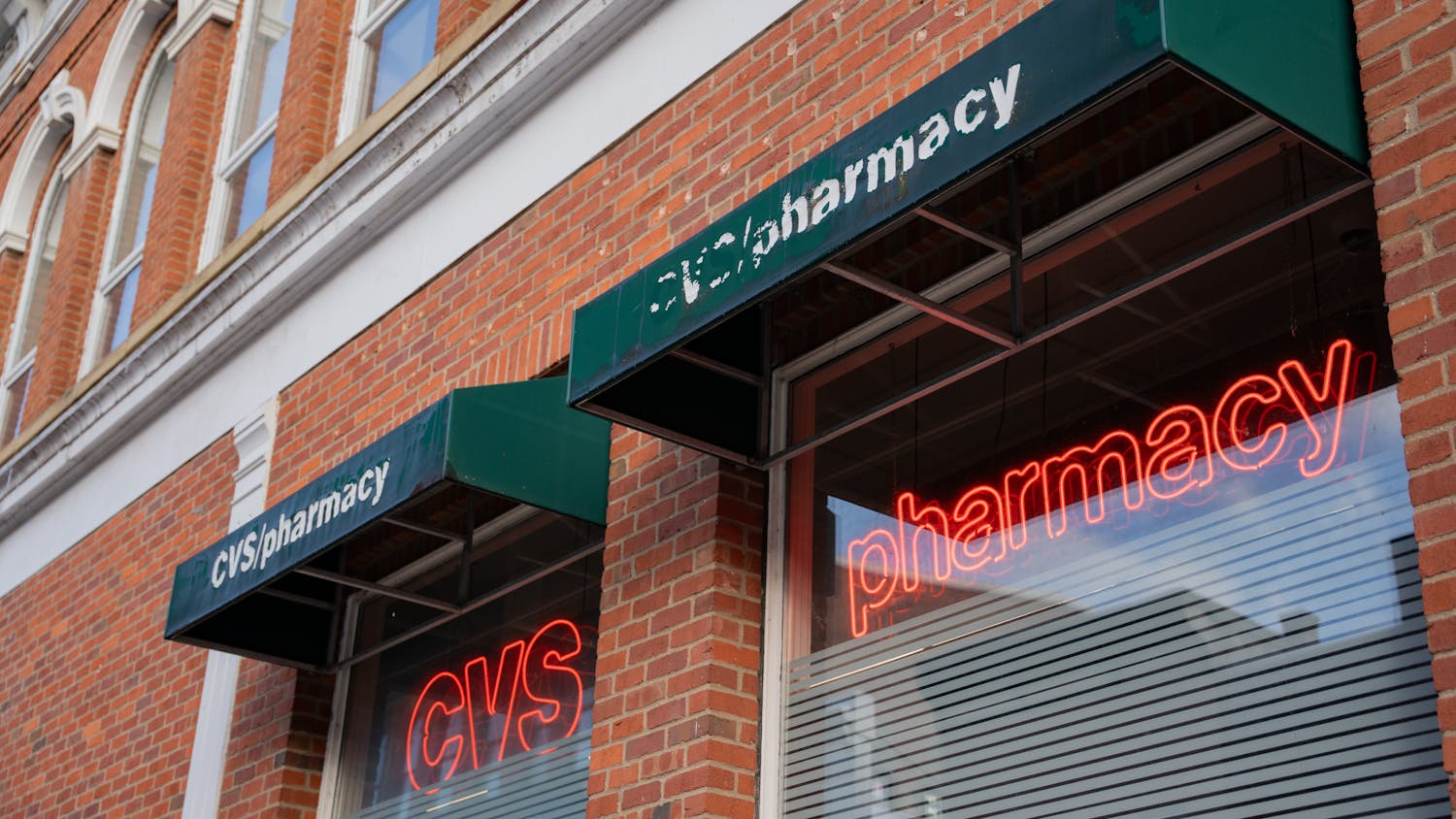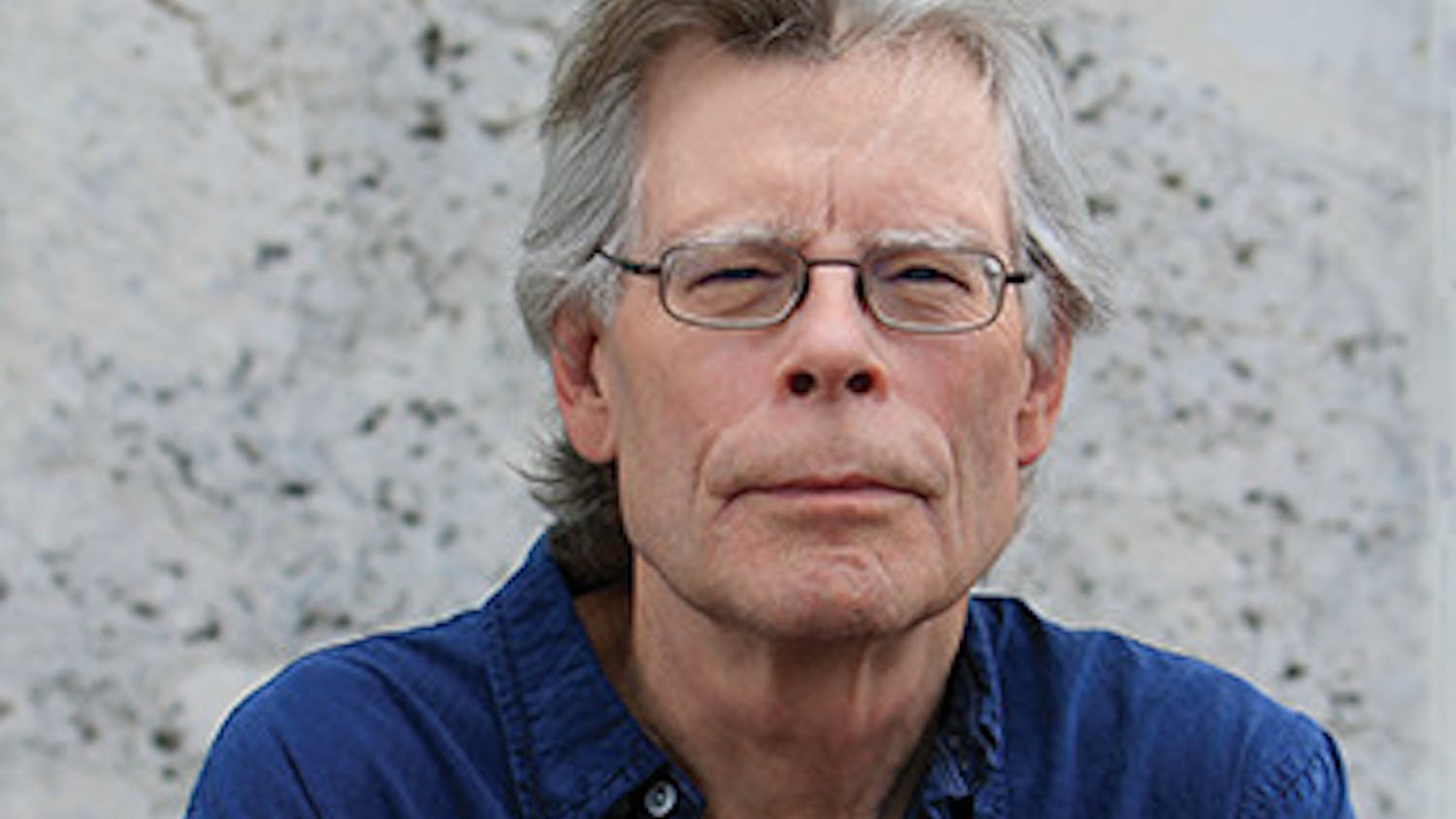Forty-seven years ago, a couple of guys stuck a big, colorful piece of cloth into a giant rock floating in a whole lotta nothingness, and the world was never the same. Supposedly.
Those guys were Buzz Aldrin and Neil Armstrong. The cloth was the American flag, and the rock was the moon. They did it not because it was easy, to paraphrase John F. Kennedy, but because we were afraid the Russians had bigger muscles than we did. And, you know, bigger rockets.
Good thing we’re not worried about Russian muscles anymore.
But in all seriousness, a lot has changed since that first fateful moonwalk. If space exploration technology had continued to progress at the same rate as it had during Armstrong’s heyday, it’s hard to say how far past our galaxy we would have traversed. But that’s not what happened.
Interest in the space program — along with federal funding — dwindled after the Cold War. Instead of turning our eyes outward to the stars, we turned them downward and inward toward our fancy little pocket-light-picture-message-machines. Now, intergalactic pipe dreams only appeal to eccentric billionaires like Richard Branson, J.J. Abrams and that other guy … Muskox Tesla.
But before you go mourning the loss of a future that never was, I’d like to suggest that maybe things turned out for the best. Maybe we should leave space the heck alone.
See, things are looking pretty ugly here on Earth. We’ve done a pretty sufficient job of mucking things up. That’s not a political statement, it’s just a reflection of what happens when human natures mix with a little bit of entropy. Things fall apart. You might think setting off for distant planets would give us a chance to start fresh and make things better. In reality, it’s just a chance for us to contaminate a larger chunk of the great eternal nothingness. Sorry, Mr. Roddenberry.
Anyway, even if a better future does await us on a distant planet, I think there’s a compelling argument to be made that we should stay and figure out the mess we’ve made for ourselves here first.
I’m not ungrateful to the great pioneers who led some of the first missions outside of our atmosphere. I think they were brave, and I think they thought they were doing the right thing — a great thing, even. If I went into space, I think I would be paralyzed by a simultaneous sense of claustrophobia and agoraphobia. But now, nearly half a century later, it’s hard to see just what has changed as a result of our being up there. What have we learned?
When the Apollo 11 astronauts returned from the moon, they were quarantined for three weeks in case they brought back any pathogens from outer space. They didn’t, but if they had, the confinement wouldn’t have done any good. About a week into the quarantine, Armstrong noticed a tiny crack in the cell’s floor.
That’s not a parable, I just think it’s funny.
William T. Perkins is a senior studying journalism at Ohio University. Please note that the views and opinions of the columnists do not reflect those of The Post. Do you think Neil Armstrong should have been worried about space diseases? Let William know by emailing him at wp198712@ohio.edu.






